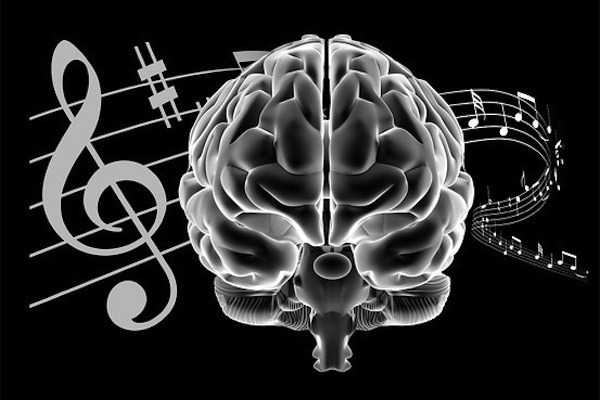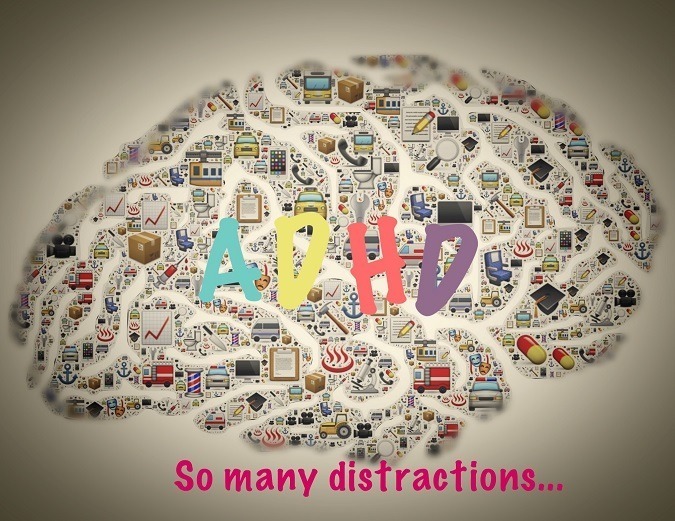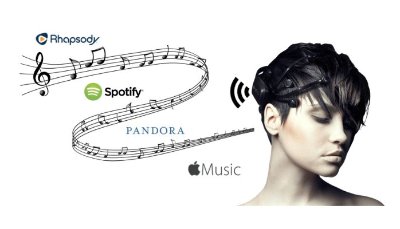Posts Tagged ‘music’
Update: Four tips to practice good mental hygiene during the coronavirus outbreak
__ Time for a new edition of SharpBrains’ e‑newsletter, featuring this time 14 timely news and resources for mental health and brain health innovation. First of all, let’s remain safe, healthy, and centered during the current health crisis by following these tips provided by the Greater Good Science Center at UC Berkeley: 1. Stay calm and…
Read MoreDoes music facilitate or impair cognitive task performance? It depends…
__ Does Music Boost Your Cognitive Performance? (Scientific American): “Music makes life better in so many ways. It elevates mood, reduces stress and eases pain. Music is heart-healthy, because it can lower blood pressure, reduce heart rate and decrease stress hormones in the blood. It also connects us with others and enhances social bonds. Music…
Read MoreUpdate: Large study highlights the limited role of genetics in mental health and the importance of effective early interventions
___ Dear reader, Time for SharpBrains monthly e‑newsletter, discussing the latest innovations for brain health and mental health, and opening in this occasion with a fascinating study tracking 2,232 twins over 10+ years. New research: Large study with twins highlights the limited role of genetics in mental health and the importance of effective early interventions for ADHD How…
Read MoreHow do you respond to unfamiliar music?
Music seems to be a social glue. Think of how love songs enhance our romantic feelings, how marching bands intensify our affinity for the home team, or how huge rock concerts make us feel one with a crowd of thousands. Music has some special power to increase our sense of connection and help us affiliate…
Read MoreBrain imaging show that patients with Alzheimer’s disease can still remember and enjoy their favorite songs
___ Music Activates Regions of the Brain Spared by Alzheimer’s Disease (University of Utah): “Ever get chills listening to a particularly moving piece of music? You can thank the salience network of the brain for that emotional joint. Surprisingly, this region also remains an island of remembrance that is spared from the ravages of Alzheimer’s disease.…
Read MoreStudy: Questioning the cognitive benefits of music classes
The ‘Mozart effect’ of having kids study music? It’s only a myth, researchers find (Washington Post): “Children get plenty of benefits from music lessons: Learning to play an instrument can be a great outlet for a child’s creativity, and the repeated practice can teach much-needed focus and discipline. What’s more, the payoff, whether it’s learning a…
Read More





